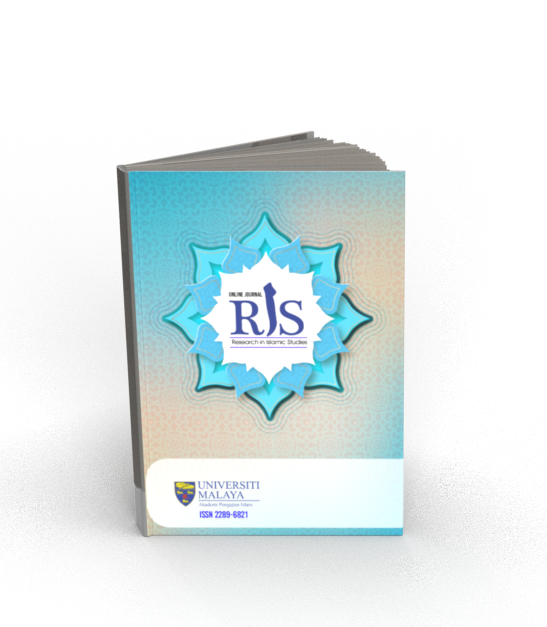Main Article Content
Abstract
Religious education in ASEAN has traditionally been oriented towards a mono-religious system that emphasises one dominant religion in the national education system. However, in the context of increasingly complex societies, this approach raises critical questions about its efficacy in shaping inclusive and harmonious societies. This article employs a systematic literature review (SLR) approach to analyse the development of multi-religious and inter-religious education in ASEAN from 2016 to 2024. The analysis revealed a paucity of studies in this field, with the majority concentrating on two countries, namely Indonesia and Malaysia. Other ASEAN countries have produced only a limited amount of significant research in this area. The study's findings indicate that multi-religious education has the potential to facilitate a more comprehensive comprehension of other religious doctrines without compromising the distinctiveness of each religion's identity. Conversely, inter-religious education underscores engagement and discourse as pivotal tools to mitigate prejudice and alleviate social discord. Nevertheless, the implementation of both approaches is still encumbered by challenges such as misalignment in national education bases, political and religious sensitivities, and a shortage of faculty trained in cross-religious education. Moreover, the rise in academic publications following 2020 signifies the resurgence of discourse on the significance of inclusive education within academic circles. However, this discourse has not been systematically integrated into national education curricula in the majority of ASEAN countries. The article posits that the absence of comprehensive and dialogic educational reforms in ASEAN nations threatens to perpetuate the escalation of religious polarisation. Consequently, multi-religious education and inter-religious education must be established as integral components of a comprehensive, long-term strategy to ensure social stability and regional harmony. Further studies are needed to empirically assess the efficacy of this education model and to frame more effective pedagogical strategies to ensure that multi-religious and inter-religious education can be implemented without creating social tensions or compromising the religious identity of a community.
Keywords
Article Details
Copyright (c) 2025 Online Journal of Research in Islamic Studies

This work is licensed under a Creative Commons Attribution-NonCommercial 4.0 International License.
Copyright Notice
By submitting manuscripts to the Online Journal of Research in Islamic Studies (RIS), authors agree to transfer copyright to the journal. However, authors may republish their work or grant others permission to republish it; in which case it should be accompanied by a proper acknowledgment that the work was originally published in the Online Journal of Research in Islamic Studies (RIS). The journal adopt CC-BY-NC licence which authors may also share and distribute their article anywhere of non-commercial website, social media and repositories immediately on publication.
Authors may also reuse the Abstract and Citation information (e.g. Title, Author name, Publication dates) of their article anywhere at any time including social media such as Facebook, blogs and Twitter, providing that where possible a link is included back to the article on the journal site.
